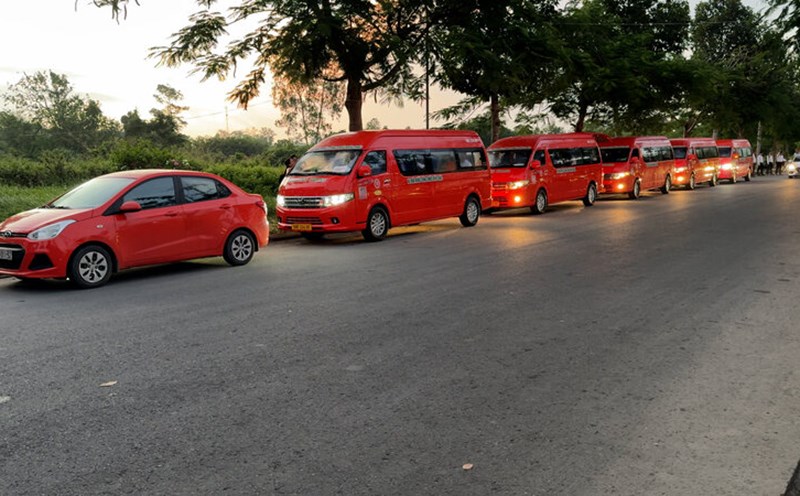This change is the foundation for improving the quality of human resources in the administrative apparatus.
The Law on Cadres and Civil Servants amends the regulation on unifying civil servants from the central, provincial and grassroots levels. No distinction is made between commune-level cadres and civil servants and central-level and provincial-level cadres and civil servants. Commune-level civil servants as well as other levels, do professional and technical work, fulfilling their duties and tasks.
When there is no longer a distinction between commune-level civil servants and other levels, there will be equality in work assignment, public service responsibilities, income and promotion opportunities. The upper and lower levels are working positions, while civil servants do not have upper and lower civil servants.
A new point that civil servants highly appreciate is the elimination of the "upgrading exam". Eliminating exams, replacing them with recruitment and arranging salaries according to job positions is a way for people with capacity to demonstrate, receive fair treatment and promotion. The work process and public service results are the basis for assessing the capacity of civil servants, there is no need to take the exam to raise the rank of machinery, and if lost, it will be useless.
Assessing ability through work will completely eliminate the method of voting A, B, C, to be promoted, you have to rely on relationships or "living a long time as a veteran". Fairness and publicity in the use and evaluation of cadres and civil servants is a way to attract high-quality human resources, retaining talented people in State agencies.
Civil servants have more space to demonstrate their capacity and dedication, but have to face work pressure and challenges in a modern administrative environment, requiring high professional qualifications. The leaders of some localities have declared that cadres and civil servants who have not completed their tasks for a year will be replaced.
At the conference on the implementation of the 2-level local government model held on July 13 in Can Tho, Central Party Committee member and Minister of Home Affairs Pham Thi Thanh Tra suggested that localities proactively review and use KPI to detect early and promptly replace cadres who do not meet requirements.
Evaluating and selecting cadres and civil servants through practical work, being ready to replace the less capable with people with higher qualifications will create a healthy and fair competitive environment. That is the most effective way to improve the quality of cadres and civil servants, serving the people better and better.











